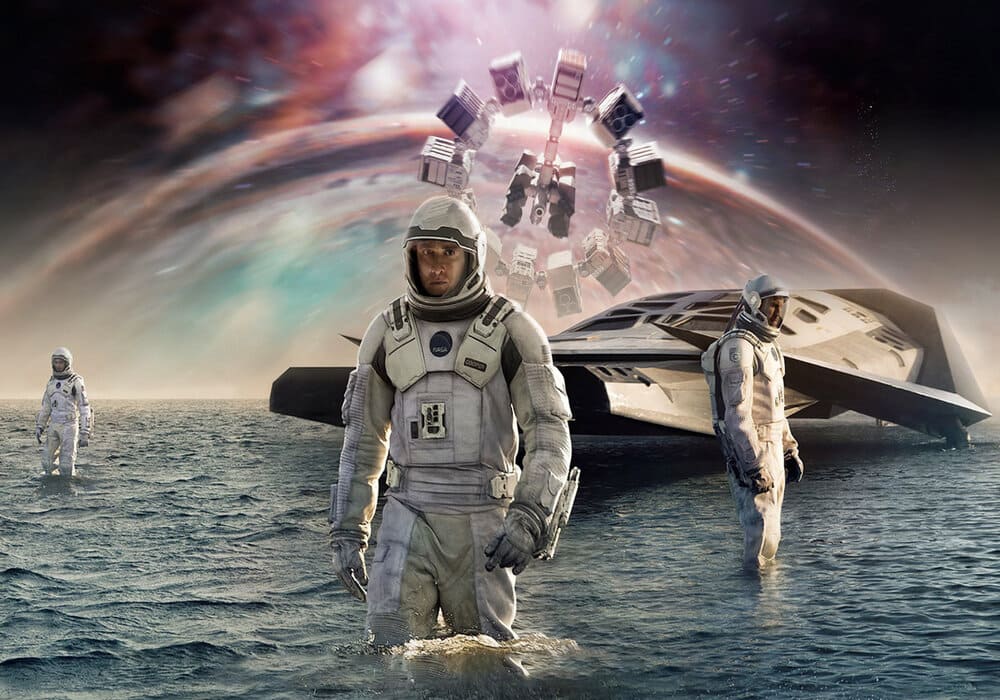Christopher Nolan’s “Interstellar” is a breathtaking exploration of love, sacrifice, and the vast unknowns of the universe. Released in 2014, the film merges stunning visuals with a deeply emotional narrative, taking viewers on an epic journey through space and time.
The story follows Cooper (Matthew McConaughey), a former NASA pilot, who joins a team on a mission to find a new habitable planet for humanity as Earth faces ecological collapse. The film weaves together complex scientific concepts—like black holes, wormholes, and time dilation—while remaining accessible through its human-centered storytelling.
Visually, “Interstellar” is a masterpiece. The cinematography by Hoyte van Hoytema captures both the stark beauty of space and the intimate moments of human connection. The score by Hans Zimmer amplifies the emotional weight, blending orchestral music with the haunting sounds of a ticking clock, symbolizing the relentless passage of time.
One of the film’s strengths is its exploration of love as a transcendent force. Cooper’s relationship with his daughter, Murph (Jessica Chastain) drives much of the emotional core, highlighting the lengths a person would go to for family. The interplay between personal sacrifice and the greater good adds depth to the narrative.
While some viewers may find the scientific explanations dense, they ultimately serve to enhance the film’s themes rather than detract from them. Nolan’s ambitious storytelling invites audiences to ponder the mysteries of existence and our place in the cosmos.
Overall, “Interstellar” is a thought-provoking cinematic experience that combines grand science fiction with a touching human story. It challenges us to reflect on love, time, and the future of humanity, making it a film that resonates long after the credits roll. Whether you’re a fan of science fiction or simply appreciate a well-crafted narrative, “Interstellar” is a must-watch.

